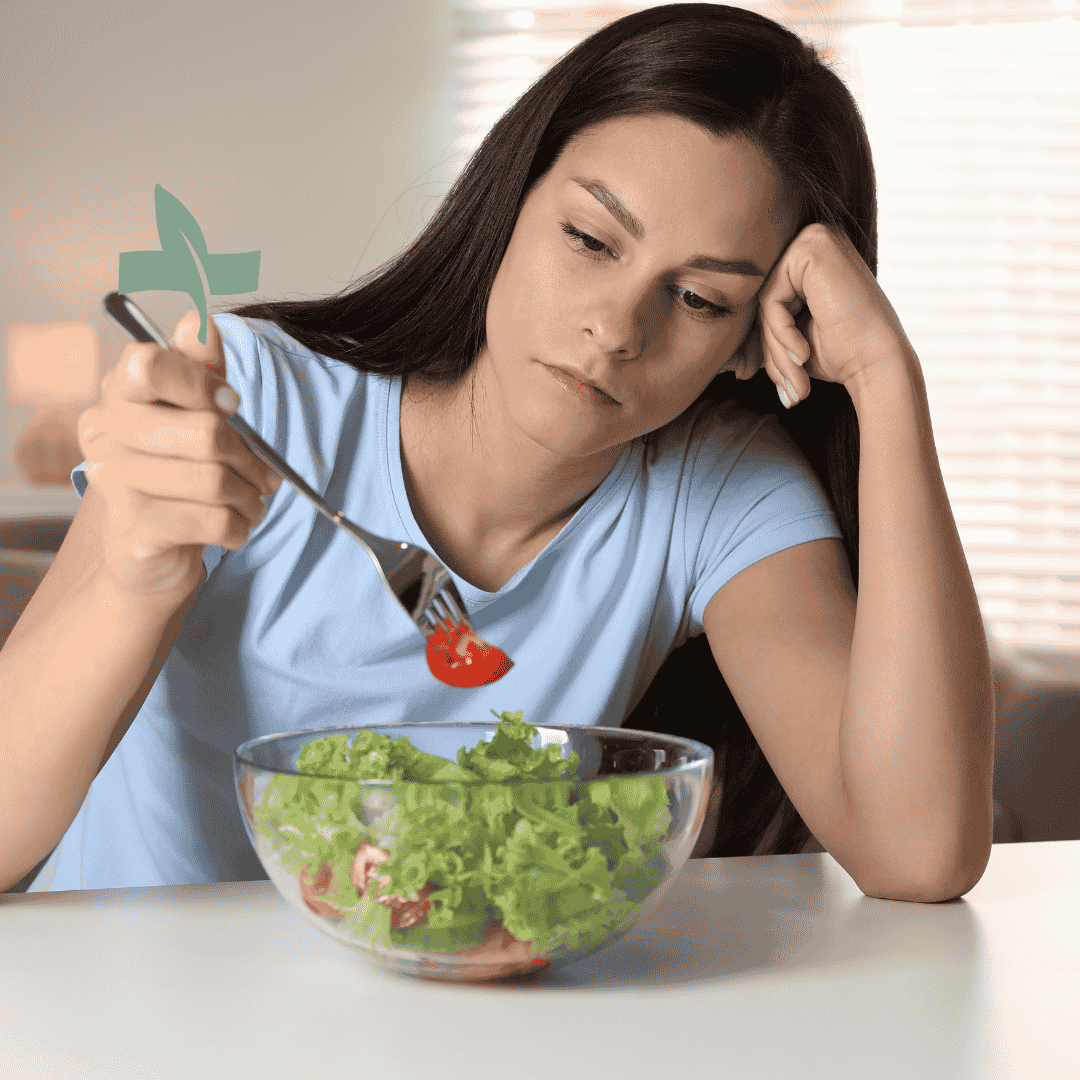The Link Between Lifestyle and Fertility
Fertility challenges affect an estimated 188 million people globally. While many cases stem from biological or medical conditions beyond one’s control, lifestyle factors can also play a significant role. It's essential to clarify: infertility is never a personal failure, and lifestyle influences are just one piece of a complex picture.
That said, making positive changes in daily habits may support reproductive health. From nutrition and movement to environmental exposure and substance use, let’s explore how lifestyle may impact fertility—and what you can do about it.
How Age Affects Fertility in All Genders
Age is one of the most well-established factors affecting fertility. For people who can get pregnant, fertility peaks in the early 20s and gradually declines with age. By age 30, the chance of conceiving per cycle is about 71%, dropping to 41% after age 35. This decline is largely due to a decrease in the number and quality of oocytes (eggs).
For men and people who can impregnate others, fertility also decreases with age. Semen volume and sperm motility begin to decline around age 35, with significant drops after 40. Additionally, testosterone levels often fall with age, sometimes resulting in hypogonadism—a condition in which the sex glands produce insufficient testosterone or sperm. Notably, testosterone replacement therapy can further suppress sperm production, making conception more difficult.
Nutrition and Fertility: What the Research Shows
Diet plays a key role in reproductive health. For women and people who can conceive, diets high in processed fats and low in nutrient diversity may negatively impact ovulation and hormonal balance. Research suggests reducing overall intake of saturated fats and increasing plant-based foods may support fertility.
For men and people who can impregnate others, semen quality improves with diets rich in complex carbohydrates, folate, fruits, and vegetables. Micronutrients like zinc, vitamin C, and antioxidants have also been linked to healthier sperm parameters.
Exercise, Stress, and Fertility Health
Moderate exercise is generally beneficial for fertility. However, excessive or intense physical activity—especially when energy output exceeds intake—can disrupt the menstrual cycle and delay ovulation in those trying to conceive. Balanced movement that supports metabolic health, such as 30–60 minutes of moderate activity a few times a week, appears ideal.
Mental stress is another key factor. Chronic stress has been linked to hormonal imbalances and lower fertility in both sexes. Supporting emotional well-being through counseling, mindfulness, or stress-reducing activities may enhance fertility outcomes over time.
How Substance Use Impacts Fertility
Substances such as tobacco, alcohol, and recreational drugs can interfere with reproductive function. Smoking, in particular, has been associated with higher rates of infertility in both men and women, though more research is needed to establish causality. Alcohol may disrupt hormone production and ovulation, especially with chronic use.
Certain prescription medications—such as metoclopramide or amitriptyline—can also affect fertility by raising prolactin levels, which may interfere with ovulation. It’s important to discuss fertility goals with your prescribing provider to evaluate potential alternatives when appropriate.
Environmental and Occupational Exposures
Long-term exposure to certain chemicals, heavy metals, or environmental toxins can impair fertility. People working in industries with chemical exposure or radiation should take extra precautions. Common environmental disruptors include pesticides, plastics (like BPA), and some cleaning agents. Minimizing these exposures where possible—through safe food storage, non-toxic personal care products, and protective equipment—may offer protective benefits.
References
Sharma, R., Biedenharn, K. R., Fedor, J. M., & Agarwal, A. (2013). Lifestyle factors and reproductive health: taking control of your fertility. Reproductive biology and endocrinology : RB&E, 11, 66. https://doi.org/10.1186/1477-7827-11-66
U.S. National Library of Medicine. (n.d.). Hypogonadism: Medlineplus medical encyclopedia. MedlinePlus. Retrieved February 24, 2023, from https://medlineplus.gov/ency/article/001195.htm




